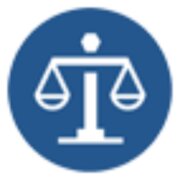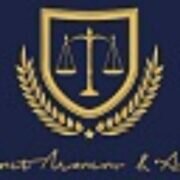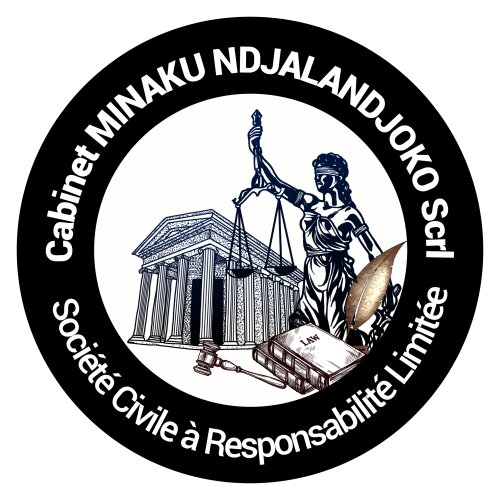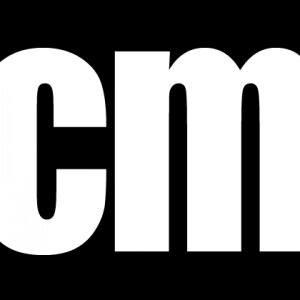Best Patent Lawyers in DR Congo
Share your needs with us, get contacted by law firms.
Free. Takes 2 min.
Or refine your search by selecting a city:
List of the best lawyers in DR Congo
About Patent Law in DR Congo
Patent law in the Democratic Republic of Congo (DR Congo) is governed by several national and international legal frameworks designed to protect the rights of inventors. A patent grants an inventor exclusive rights to their invention, prohibiting others from making, using, or selling the invention without permission. In DR Congo, the national patent law outlines the procedures for obtaining patents, the duration of patent protection, and the legal remedies available for infringement. Additionally, DR Congo is a member of the African Intellectual Property Organization (OAPI), which provides regional patent protection aligning with international standards.
Why You May Need a Lawyer
There are several situations where you may need the assistance of a lawyer specializing in patent law:
1. **Patent Application:** Navigating the patent application process can be complex. A lawyer can help prepare and file the application, ensuring all legal requirements are met.
2. **Infringement Issues:** If you believe your patent rights have been infringed upon, a lawyer can provide legal representation to enforce those rights.
3. **Opposition or Revocation:** If your patent is opposed or a revocation case is filed against it, a lawyer can defend your case.
4. **Licensing:** Crafting licensing agreements to allow others to use your patent requires careful legal drafting to protect your interests.
5. **International Protection:** If you're looking to protect your invention in multiple countries, a DR Congo lawyer with international patent law knowledge can guide you through the process.
Local Laws Overview
Key aspects of local laws relevant to patent law in DR Congo include:
1. **Patent Eligibility:** To qualify for a patent, an invention must be new, involve an inventive step, and be industrially applicable.
2. **Exclusions:** Certain inventions, such as those contrary to public order or morality, are not patentable.
3. **Application Process:** This involves submitting a formal application to the national patent office, which is then subjected to an examination process.
4. **Duration of Protection:** Patents are typically granted for a maximum of 20 years from the filing date, subject to annual fees.
5. **Enforcement and Infringement:** Patent holders have legal rights to take action against unauthorized use, including seeking damages through the court system.
Frequently Asked Questions
1. What is the duration of patent protection in DR Congo?
Patent protection in DR Congo lasts for 20 years from the application filing date, provided that maintenance fees are paid each year.
2. How do I apply for a patent in DR Congo?
You must submit a patent application to the Congolese patent office, including a description of the invention, claims, and any necessary drawings.
3. Can I apply for a patent online in DR Congo?
Currently, the patent application process in DR Congo primarily involves physical submissions to the patent office.
4. What inventions cannot be patented in DR Congo?
Inventions not patentable include those that are contrary to public order, morality, or those that are discoveries or scientific theories.
5. Is my DR Congo patent protected in other countries?
No, a DR Congo patent is only valid within the country. You need to apply for patents in other jurisdictions for international protection.
6. How can I find out if my invention is already patented?
You can conduct a patent search through the Congolese patent office or consult patent databases to determine if your invention is already patented.
7. What should I do if my patent is infringed upon?
You should consult a patent lawyer to discuss potential legal actions, which can include seeking an injunction or claiming damages.
8. Can I sell my patent rights?
Yes, patent rights can be sold, transferred, or licensed to others, and a legal agreement should be drafted to formalize this arrangement.
9. How long does it take to get a patent in DR Congo?
The time to obtain a patent can vary, but it typically takes several years, depending on the complexity and examination process.
10. Do I need a lawyer to file a patent?
While not a requirement, having a lawyer can ensure your application is properly completed and significantly increase your chances of success.
Additional Resources
For more information and resources, consider reaching out to:
- The Congolese Patent Office: The official body for patent applications and inquiries in DR Congo.
- African Intellectual Property Organization (OAPI): Provides regional intellectual property protection guidance.
- Local law firms specializing in intellectual property law with expertise in DR Congo's patent systems.
Next Steps
If you need legal assistance regarding patent issues in DR Congo, consider taking these steps:
1. Contact a lawyer: Look for a legal professional specializing in patent law in DR Congo for personalized advice and assistance.
2. Gather required documents: Prepare relevant documents, including technical descriptions, drawings, and any prior patents.
3. Schedule a consultation: Discuss your situation, objectives, and gain insights on the legal processes and possible outcomes.
4. Evaluate the advice: Assess the guidance provided to decide on the best course of action for your patent needs.
Lawzana helps you find the best lawyers and law firms in DR Congo through a curated and pre-screened list of qualified legal professionals. Our platform offers rankings and detailed profiles of attorneys and law firms, allowing you to compare based on practice areas, including Patent, experience, and client feedback.
Each profile includes a description of the firm's areas of practice, client reviews, team members and partners, year of establishment, spoken languages, office locations, contact information, social media presence, and any published articles or resources. Most firms on our platform speak English and are experienced in both local and international legal matters.
Get a quote from top-rated law firms in DR Congo — quickly, securely, and without unnecessary hassle.
Disclaimer:
The information provided on this page is for general informational purposes only and does not constitute legal advice. While we strive to ensure the accuracy and relevance of the content, legal information may change over time, and interpretations of the law can vary. You should always consult with a qualified legal professional for advice specific to your situation.
We disclaim all liability for actions taken or not taken based on the content of this page. If you believe any information is incorrect or outdated, please contact us, and we will review and update it where appropriate.
Browse patent law firms by city in DR Congo
Refine your search by selecting a city.

















